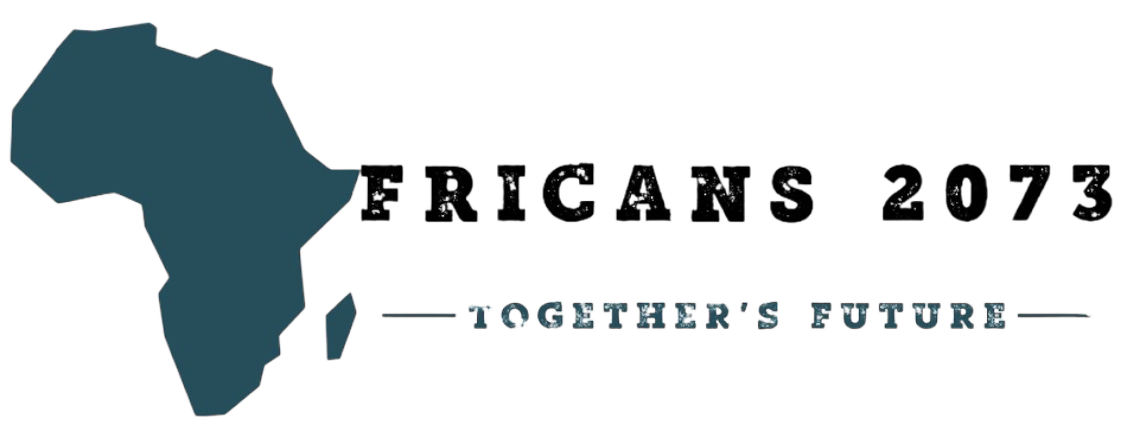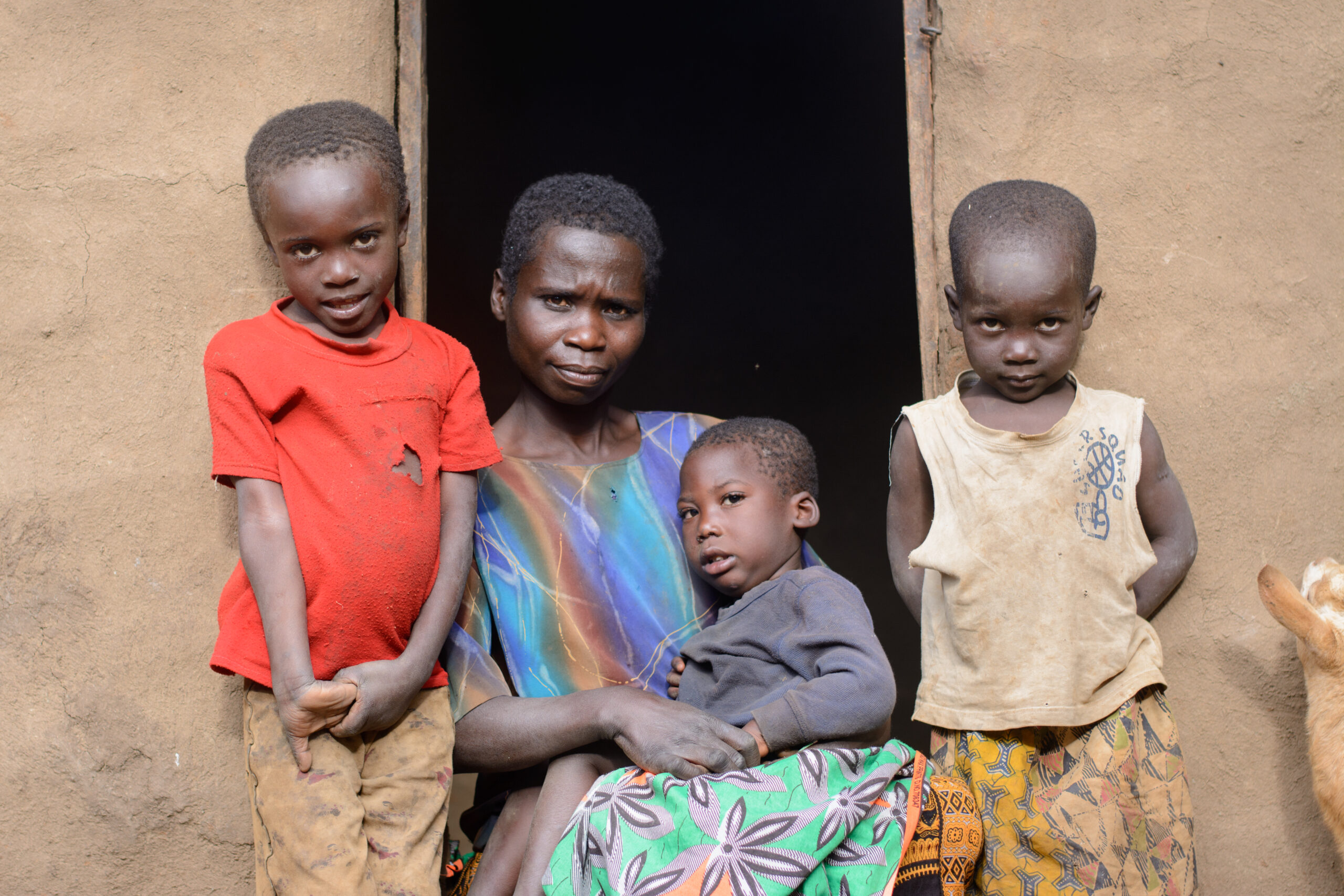Poverty in Africa remains one of the most significant and complex challenges facing the continent. The 2023 report on poverty in Africa provides a comprehensive overview of the current state of poverty, highlighting both the persistent challenges and the progress made in various regions. This article delves into the key findings of the report, examining the socioeconomic factors that contribute to poverty, the impact of global events, and the efforts being made to alleviate poverty across the continent.
Key Findings
Persistent Challenges
- High Poverty Rates: Despite efforts to reduce poverty, a significant portion of the African population still lives below the poverty line. According to the report, over 40% of the population in Sub-Saharan Africa lives on less than $1.90 a day.
- Inequality: Economic inequality remains a major issue, with wealth concentrated in the hands of a few. This disparity exacerbates the challenges of poverty and limits opportunities for the majority of the population.
- Conflict and Instability: Many African countries continue to face internal conflicts and political instability, which disrupt economic activities and hinder poverty reduction efforts. Countries like South Sudan, Somalia, and the Democratic Republic of Congo are particularly affected.
- Climate Change: The impact of climate change is increasingly being felt across the continent, with severe droughts, floods, and other extreme weather events disproportionately affecting poor communities. These environmental challenges threaten food security and livelihoods, pushing more people into poverty.
Progress and Opportunities
- Economic Growth: Some African countries have experienced significant economic growth, which has contributed to poverty reduction. Nations such as Rwanda, Ethiopia, and Ghana have seen improvements in their GDP and living standards.
- Social Programs: There has been a notable increase in social protection programs aimed at supporting the most vulnerable populations. Initiatives such as cash transfers, food aid, and healthcare services have had a positive impact on reducing poverty levels.
- Education and Healthcare: Improvements in access to education and healthcare have contributed to better living conditions. Increased school enrollment rates and enhanced healthcare services have helped to break the cycle of poverty for many families.
- International Aid and Partnerships: International organizations and partnerships have played a crucial role in supporting poverty alleviation efforts. Programs funded by the United Nations, World Bank, and various NGOs have provided essential resources and support to African countries.
Impact of Global Events
The report highlights the significant impact of global events on poverty in Africa. The COVID-19 pandemic, for example, reversed years of progress in poverty reduction. The pandemic led to economic downturns, job losses, and increased vulnerability for millions of people. Additionally, the war in Ukraine and global supply chain disruptions have contributed to rising food prices, affecting food security in many African countries.
Efforts to Alleviate Poverty
Efforts to alleviate poverty in Africa are multifaceted and involve both local and international initiatives. Key strategies include:
- Economic Diversification: Encouraging diversification of economies to reduce dependency on a single sector, such as agriculture or mining, can create more stable and resilient economies.
- Investing in Infrastructure: Improving infrastructure, including transportation, energy, and communication networks, can enhance economic opportunities and access to essential services.
- Empowering Women and Youth: Focusing on the empowerment of women and youth through education, vocational training, and entrepreneurship can drive economic growth and poverty reduction.
- Strengthening Governance: Promoting good governance, transparency, and accountability is essential for creating an environment conducive to economic development and poverty reduction.
The 2023 report on poverty in Africa underscores the complexity of the issue, highlighting both the persistent challenges and the strides made in various regions. While significant progress has been achieved in some areas, much work remains to be done to address the root causes of poverty and create sustainable pathways out of poverty for millions of Africans. Through continued efforts, collaboration, and innovative solutions, there is hope for a future where poverty is significantly reduced across the continent.

